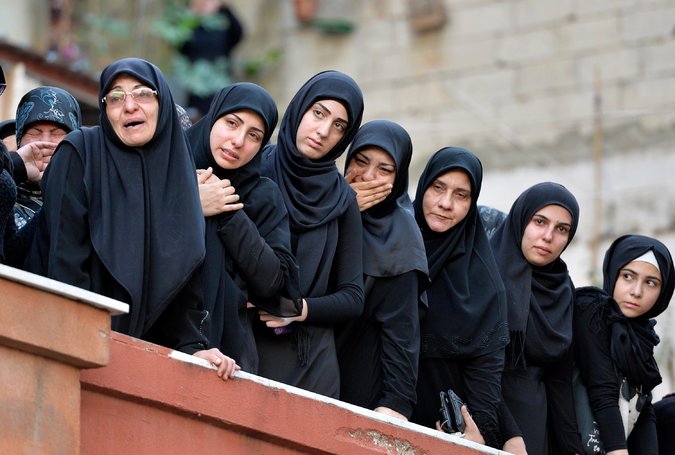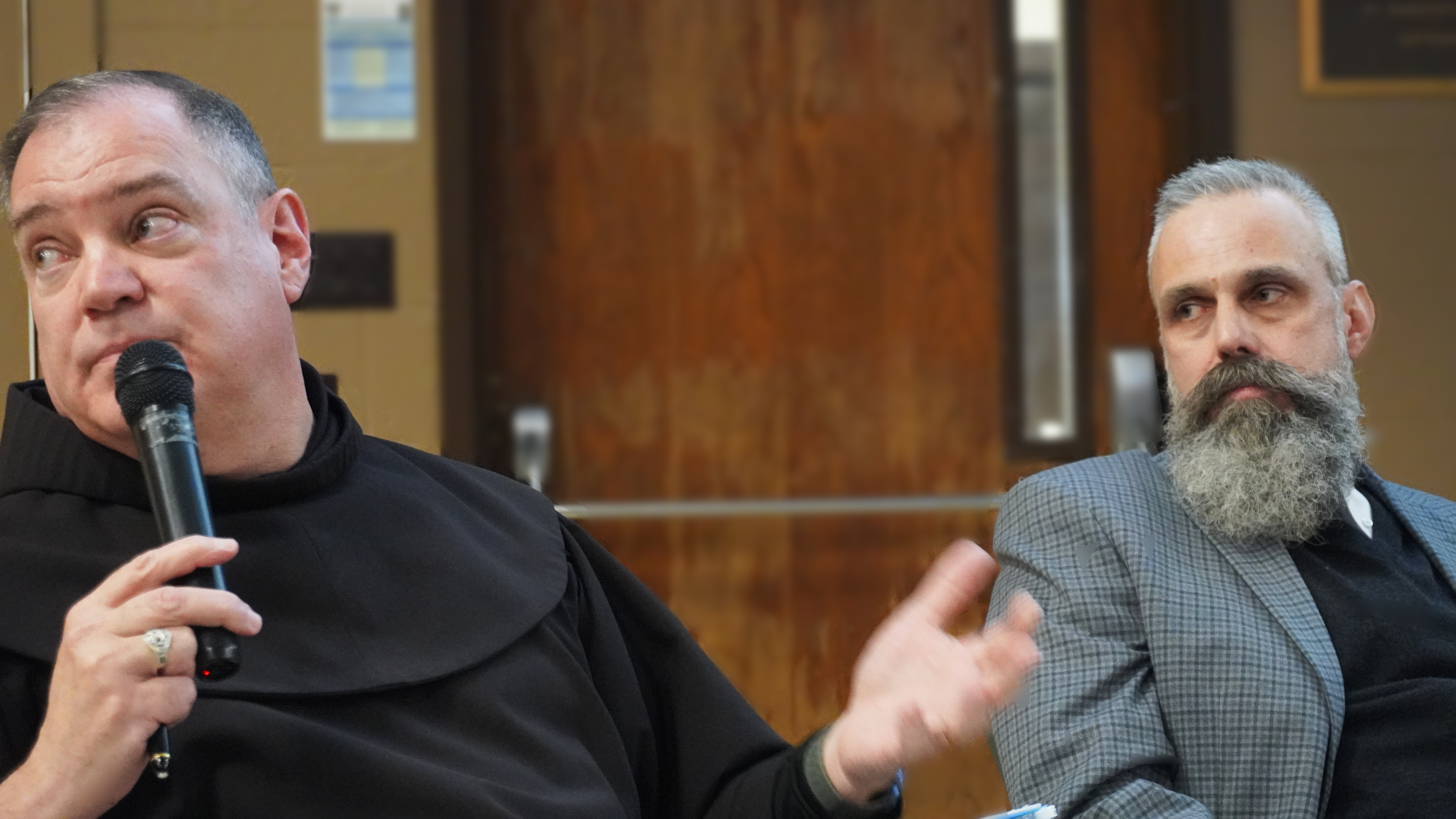By Jason Klaiber
Contributing Writer
Ibrahim Zabad, a political science professor at St. Bonaventure University, was recently interviewed by Time Warner Cable News about the U.S. airstrikes in
Syria.
The Islamic State in Iraq and Syria (ISIS), has expanded considerably since breaking ties with Al Qaeda earlier this year. This terrorist group now supports upwards of 15,000 fighters. In an attempt to combat the well-documented brutality of these militants, the United States launched airstrikes in Syria Monday night.
Zabad teaches multiple courses, including international relations, American foreign policy, and a class covering both Middle Eastern politics and political violence. According to Zabad, his knowledge of the Middle East stems not only from his schooling but also his personal background. He’s lived in the U.S. since the early 1990s, but he was born and raised in Lebanon, which borders Syria.
“I think the United States is doing a good job in attacking ISIS,” Zabad said. Zabad said he sees ISIS as a serious threat to U.S. allies in the Middle East and the innocent people in that region.
“We cannot permit ISIS to continue,” Dr. Zabad said. “This would be way too dangerous for everybody.”
In accordance with stopping ISIS’s onslaught of terror, he labels the U.S. military action as “absolutely necessary.” Considering ISIS’s acts of intimidation, namely their murder of American journalist James Foley in August, a full-scale terrorist attack wouldn’t seem out of the question. Zabad argues that the U.S. military operation against ISIS will preempt the danger of the militant group targeting the U.S. with terrorist action.
Zabad said he believes that the U.S. could do more to downgrade the momentum of ISIS, which now controls land ranging from their designated capital of Raqqa to the edge of the Turkish border.
“We definitely need to pursue some political track,” Zabad said. “We need to bring the pressure of the moderate Syrians and the regime to come together and negotiate a peaceful solution to this Syrian crisis.”
He adds that although he’s in favor of the U.S. halting the advancement of ISIS through military strategy, it’s questionable if our country’s Air Force can single-handedly accomplish our long-term objectives.
“At some point, we might need boots on the ground,” Zabad said. He said he thinks that we should be more strict with countries in the Arab Gulf and elsewhere that have provided ISIS with copious amounts of weapons and money.
Zabad maintains that the U.S. government’s military operations in Syria should have been conducted earlier.
“I think waiting was harmful,” Zabad said.” [The delay] gave ISIS time to actually solidify, to become stronger, to control larger areas, and to recruit more fighters and terrorists.”
He said he also found flaws in the U.S.’s initial course of action against ISIS. At first, when outlining the strategy in a United Nations speech on Sept. 24, President Obama announced his plans to equip moderate Syrian rebels who would stand up against Bashar al-Assad’s Syrian regime as well as Islamist fighters, such as ISIS and affiliated groups. Dr. Zabad said he saw this as a very risky policy and says that these moderate forces don’t have the power, organization, coherence, or discipline to perform such tasks. President Obama has since scrapped this strategy.
Since the start of the school year, Zabad has tried to touch on the events and new developments in the Middle East to his classes on a day-to-day basis. According to his course syllabus, he will have one or two weeks in the near future to discuss the Arab Spring, the happenings in Syria and now ISIS. Zabad will also be presenting a talk on Syria on Wednesday, Oct. 22.
klaibejj14@bonaventure.edu






